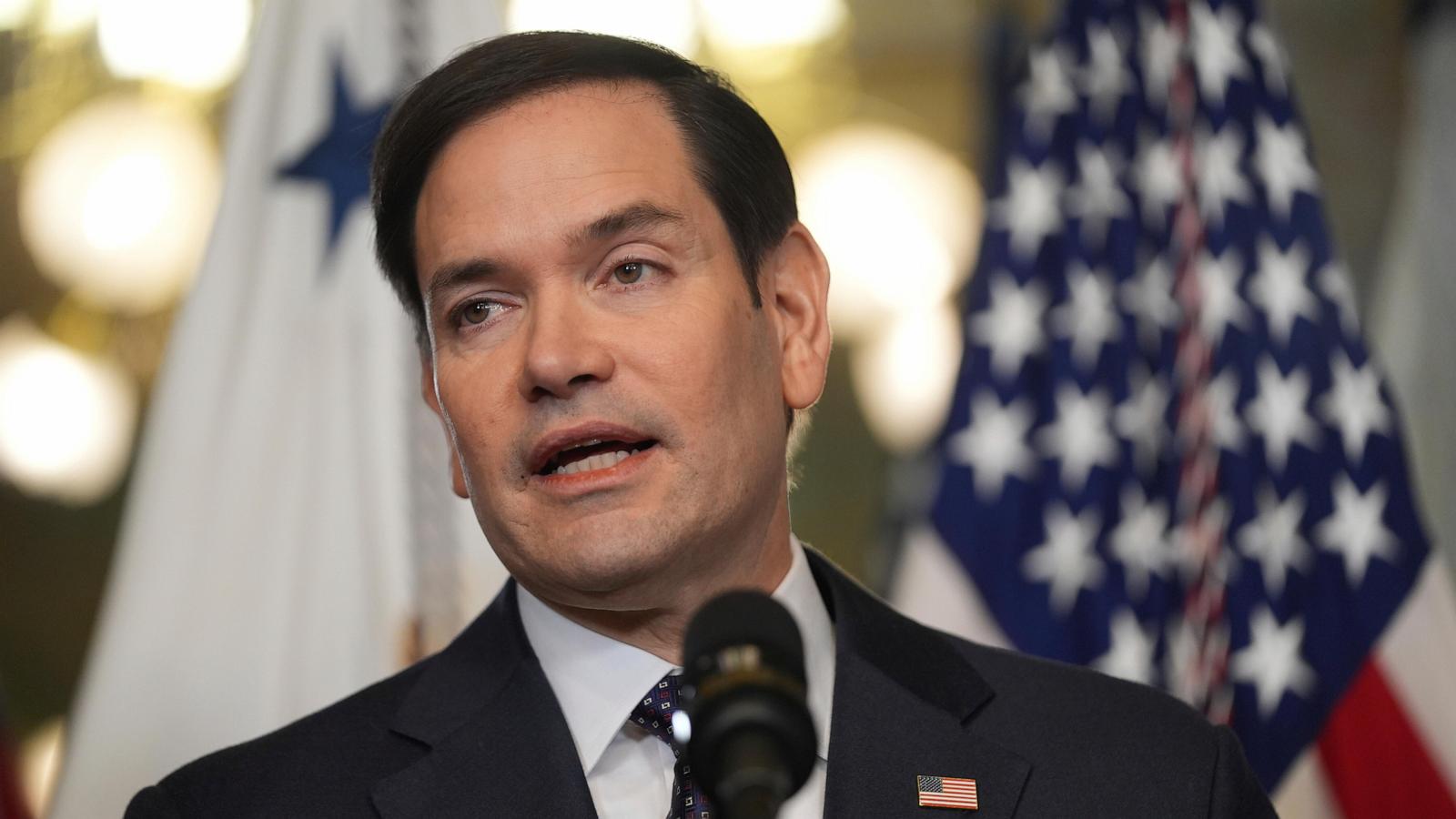Global Aid Freeze: Trump Administration Halts US Funding for Most Programs
The Trump administration has sent shockwaves across the globe by freezing nearly all US aid programs. This drastic move, announced on Friday, has left many wondering what the future holds for international development and humanitarian assistance. This unprecedented action leaves countless vulnerable populations at risk, sparking outrage and concern from humanitarian organizations worldwide. Let's delve into the specifics and uncover the ramifications of this controversial decision.
The Details of the Aid Freeze
The State Department issued a cable to US embassies around the world, effectively halting new funding for almost all US aid programs. Exceptions were made for essential humanitarian food programs and crucial military aid to Israel and Egypt, raising questions about the fairness and transparency of the process. This abrupt halt affects thousands of development and aid programs, leaving many projects facing an uncertain future.
Impact on Health Initiatives
Perhaps most concerning, is that this funding freeze notably excludes health programs from any exceptions. Health clinics and other life-saving health initiatives globally face immediate funding shortages. This shortsighted decision has put many in dire circumstances, potentially resulting in preventable deaths and health crises. The longer-term impact on global health and wellbeing is undeniable and alarming. What will this mean for access to medicine and healthcare in regions that heavily rely on US assistance?
Economic and Political Fallout
The immediate implications extend beyond humanitarian concerns, prompting speculation about political fallout for the Trump Administration. This controversial action leaves the U.S.'s global reputation hanging in the balance, while simultaneously impacting the stability and well-being of many developing nations that depend on US support. The potential instability as many economies teeter, and the ensuing lack of trust in US promises will surely have lasting repercussions on international relations and foreign policy.
Deeper Dive into the Controversy
Critics point to the decision as a dangerous step back in international cooperation. It marks a severe setback for U.S. standing and influence on the global stage, tarnishing our humanitarian reputation and endangering many at-risk groups who depend on these aid initiatives. The lack of transparency surrounding the decision-making process further fueled criticisms, sparking questions over potential political agendas rather than prioritization of national interest. Many organizations and international bodies are voicing concerns regarding the ethical considerations of this blanket approach, urging the administration for clarification on their goals and intended outcome.
Humanitarian Crisis
The freeze causes serious concern that an immediate humanitarian crisis could result. Thousands of aid projects and related services are at risk of abrupt termination; potentially disrupting education, food distribution, health services and other programs that help ensure communities' well-being. Many argue that the immediate and longer-term effects far outweigh any positive intended consequences of this move. Many developing economies depend greatly on this aid; the result may be famine, instability and unrest as millions are left vulnerable without needed resources.
Looking Ahead: Understanding the Ramifications
This unexpected announcement signifies a fundamental shift in the US foreign aid policy. As the global community responds and adapts, many wonder about the true impact and motives. Many speculate about potential changes in the landscape of humanitarian aid distribution and the potential for further adjustments to aid allocations. With so many programs already underfunded, what new priorities will now have to be set given this large-scale policy change?
Review and Potential Changes
The State Department is planning a comprehensive review to assess and choose which programs merit exceptions; a time-sensitive procedure that won’t solve the immediate needs and will not prevent immediate damage. Many fear this review will only further add delays to life-saving programs and delay access to much-needed supplies. Further delays or changes in this review process are cause for continued alarm among officials and aid workers.
Take Away Points
- The Trump administration has placed a freeze on almost all US aid programs globally.
- This abrupt halt causes a great risk of widespread disruptions in humanitarian aid efforts worldwide.
- Exemptions have only been given for food programs and aid for Israel and Egypt, excluding critically important health services.
- This controversial move has spurred strong international condemnation and raises significant ethical questions.









